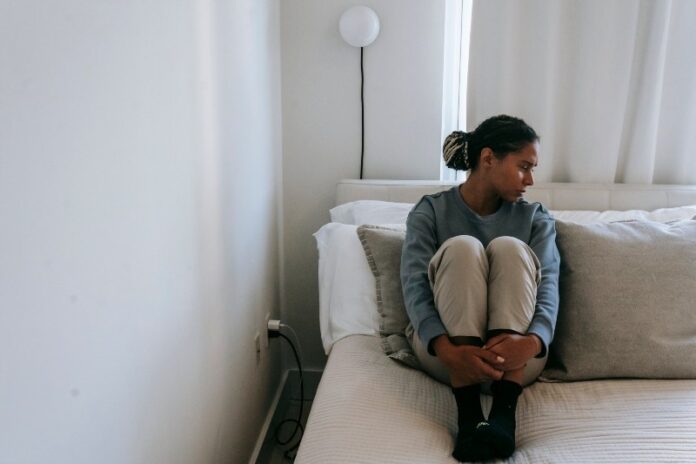
This article is part of our series “COVID-19: 1 Year Later,” exploring the ways COVID-19 has affected and changed daily life over the last year. For two weeks, we surveyed our readers on how COVID-19 has affected them. Read our survey results here. Today, we are sharing an interview with Trustpoint Hospital on the importance of mental health treatments, especially during stressful times, such as COVID-19. Mental health is a part of overall health, and according to the Rutherford Source’s recent survey about COVID-19, 72% of respondents experienced some anxiety, depression, insomnia, and/or a sense of loneliness during the last year. However, only 19% of those suffering from mental health issues reached out for help. According to Trustpoint Hospital in Murfreesboro, people are unnerved about asking for help. Barriers to seeking help include not having insurance, losing their jobs, time constraints, fear of going into a hospital in general, and a stigma still exists regarding mental health treatment. Mai Ferrell, Director of Clinical Integration Trustpoint Hospital, explains that during times such as these, people need to remain connected with their social groups as much as possible. “Humans aren’t wired to be alone,” explained Ferrell, “so connection is a necessity. Talk therapy (individual and group) is the most effective. Some people benefit from an evaluation for medication management.” All cities have designated crisis teams for their areas, the behavioral health intake department at TrustPoint Hospital is able to conduct confidential face-to-face assessments that are free. Community mental health centers have availability to assist those with no insurance coverage. Many private providers offer reduced rates based on income eligibility, and many programs offer financial assistance as well as grant-funded programs. Goodner and Ferrell suggest starting with knowing what your insurance covers. Also, Google is your best friend. Search “mental health treatment near me” or “mental health therapists near me” for an overwhelming amount of options. “Even if the issues or symptoms are mild, therapy can still be helpful,” explained Goodner. “It’s amazing what having an objective perspective and a safe place does for our psyche. However, if one chooses not to be in therapy, I suggest reading books for fun, having a ‘party’ with safe and trusted friends. Make sure to set boundaries with work schedules as much as possible, decrease social media consumption, and lastly, saying ‘No’ when you don’t want to be involved. Getting adequate sleep, proper nutrition, staying hydrated with water, and exercise will always be the golden tips.” Everyone has different ways of coping during COVID-19. “It may have to do with where individual people are in their life at the time,” explained Ferrell. “It also may have to do with what we are looking for. I believe that humans have a way of doing what works for them. If causing chaos has helped them in life, then guess what will happen in times of crisis? They cause chaos. If someone has learned that helping others is going to benefit them, then in times of chaos, they do the best they can to help.” “Those of us in the helping profession are also trying to figure it all out,” explained Goodner. “It’s safe to say that this collective trauma will pave the way for future generations to hopefully do things different or better.” “People are afraid of being judged,” said Beth Goodner, CEO Trustpoint Hospital, “and have a tendency to minimize their experiences. For example, they will say to themselves, ‘It’s not that bad. There are people out there that have it worse than me.’ Yet, if someone had a broken arm, they would never question getting an orthopedist to treat it. The same should always be true for our spirit. When our spirit is broken, we should be able to seek that care as well.”
“People are afraid of being judged,” said Beth Goodner, CEO Trustpoint Hospital, “and have a tendency to minimize their experiences. For example, they will say to themselves, ‘It’s not that bad. There are people out there that have it worse than me.’ Yet, if someone had a broken arm, they would never question getting an orthopedist to treat it. The same should always be true for our spirit. When our spirit is broken, we should be able to seek that care as well.”
Please Join Our FREE Newsletter!
















